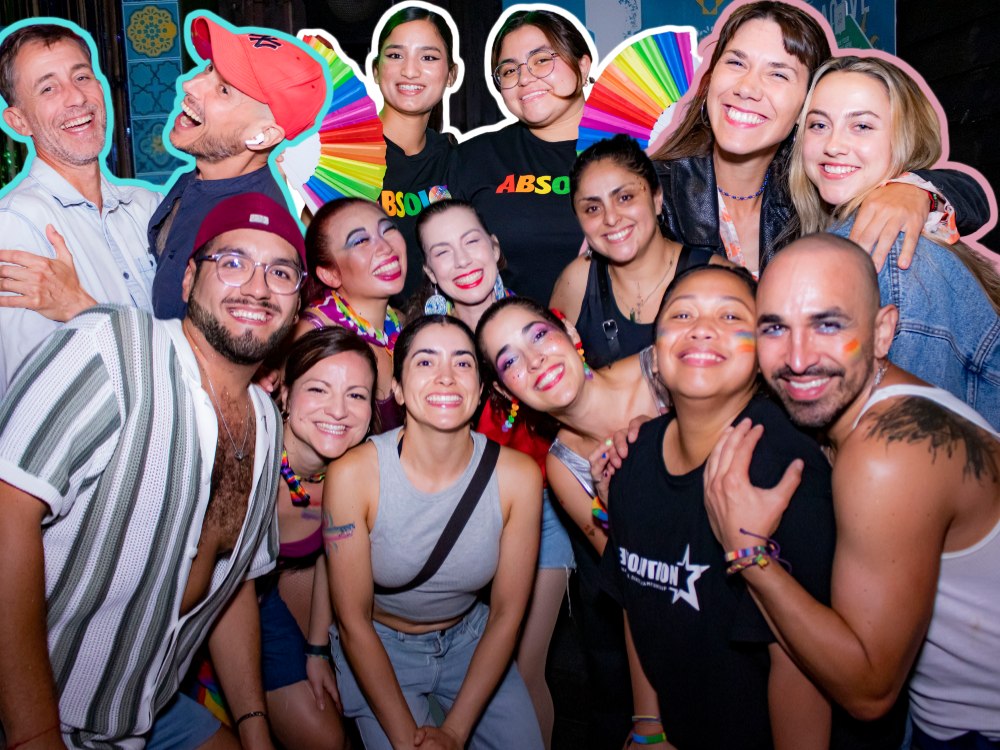Three graduates of the U.S. Air Force Academy in Colorado Springs stood proudly among their classmates at Falcon Stadium, diplomas in hand, having successfully met the rigorous demands of military education. But unlike their peers, they were not commissioned as second lieutenants. The reason: they are transgender.
This year marks the first time that out-transgender cadets have graduated from the Academy. Yet, under Executive Order 14183—a newly reinstated policy under the Trump administration—they are barred from continuing their service in uniform.
From Distinguished Cadets to Administrative Absentees
One of the cadets, Hunter Marquez, earned dual degrees in aeronautical engineering and applied mathematics. He passed all required physical fitness standards—those for male cadets—after transitioning during his time at the Academy. “I really want to stay in for as long as possible, fight this out,” he told The Colorado Springs Gazette.
That fight became more urgent on May 6, when the U.S. Supreme Court allowed the executive order to be enforced. Issued without full oral argument and opposed by the Court’s three liberal justices, the ruling reversed a previous injunction from a Washington state court. The Pentagon was then authorised to resume separations of transgender service members.
Marquez and the two other transgender graduates were placed on administrative absence, denied the oath of office, and warned that they might be forced to repay the costs of their taxpayer-funded education—an estimated hundreds of thousands of dollars. While later informed that involuntary separation wouldn’t trigger repayment, the broader message remained: their government does not want them in uniform.
“They Met Every Standard—Except the One They Can’t Change”
Academy staff members, speaking anonymously, expressed frustration at the decision. “We want warfighters. We want people with grit, that are resilient. They have done all that,” one said. All three cadets passed fitness tests for both genders and graduated with distinction.
What disqualifies them is not performance or discipline, but identity.
Marquez is now one of the plaintiffs in Talbott v. United States, a legal challenge to the policy. In a sworn affidavit, he condemned the executive order for labelling transgender individuals as “undisciplined, selfish, and dishonest.”
“None of those are correct descriptions of my character or my abilities,” he stated. “I have achieved alongside my peers throughout my time at the Academy.”
The impacts of the policy are far from abstract. For cadets like Marquez, it has meant racing through final semesters under threat of expulsion, seeking out gender-appropriate restrooms across campus, and enduring a graduation week overshadowed by uncertainty and pain.
Looking Ahead, Not Giving Up
Now 23, Marquez is applying to the University of Colorado Boulder for a master’s degree in aerospace engineering. He continues to receive cadet pay and medical benefits, for now.
“There’s still a lot of anger and frustration and sadness,” he said. “Just because I have worked so hard to be a second lieutenant in the Air Force, and at the very end that was taken from me.”
Alumni support has been swift and vocal. Nearly 1,000 U.S. military academy graduates signed an open letter in solidarity with transgender cadets and midshipmen.
“Being transgender is in no way incompatible with any of our Academies’ cherished virtues and values,” the letter reads.



































